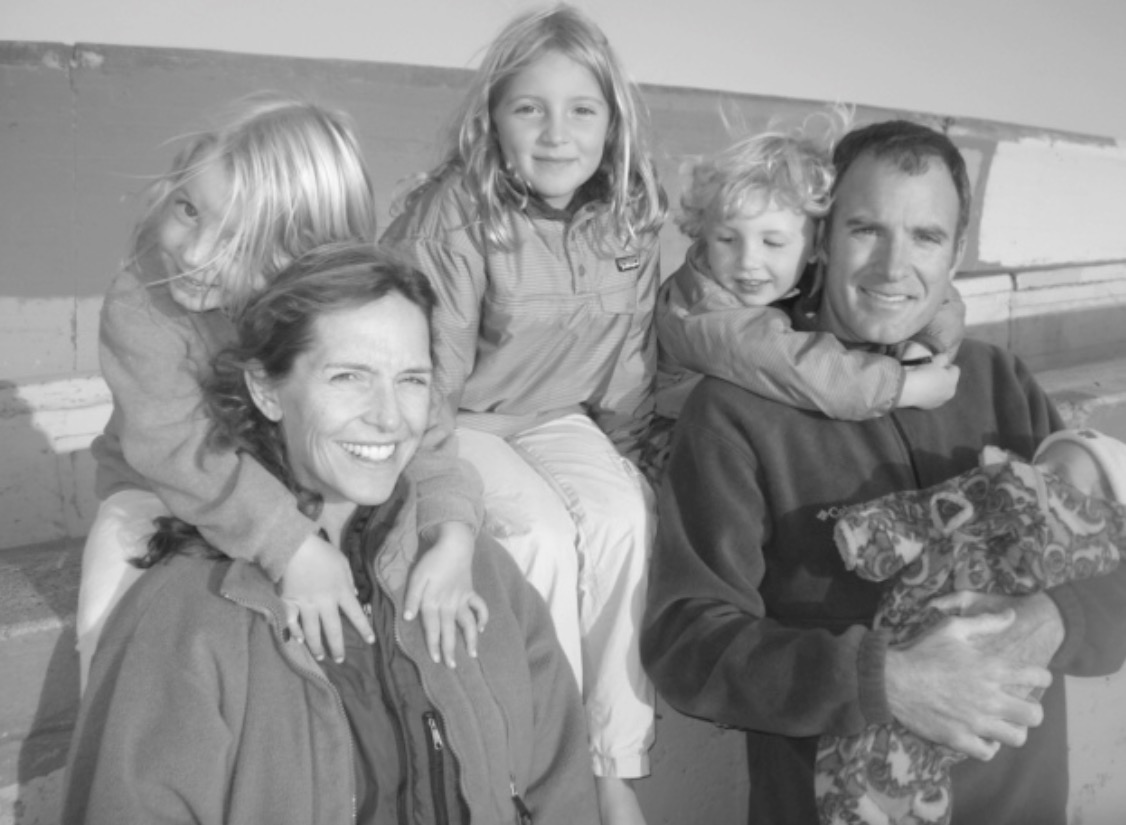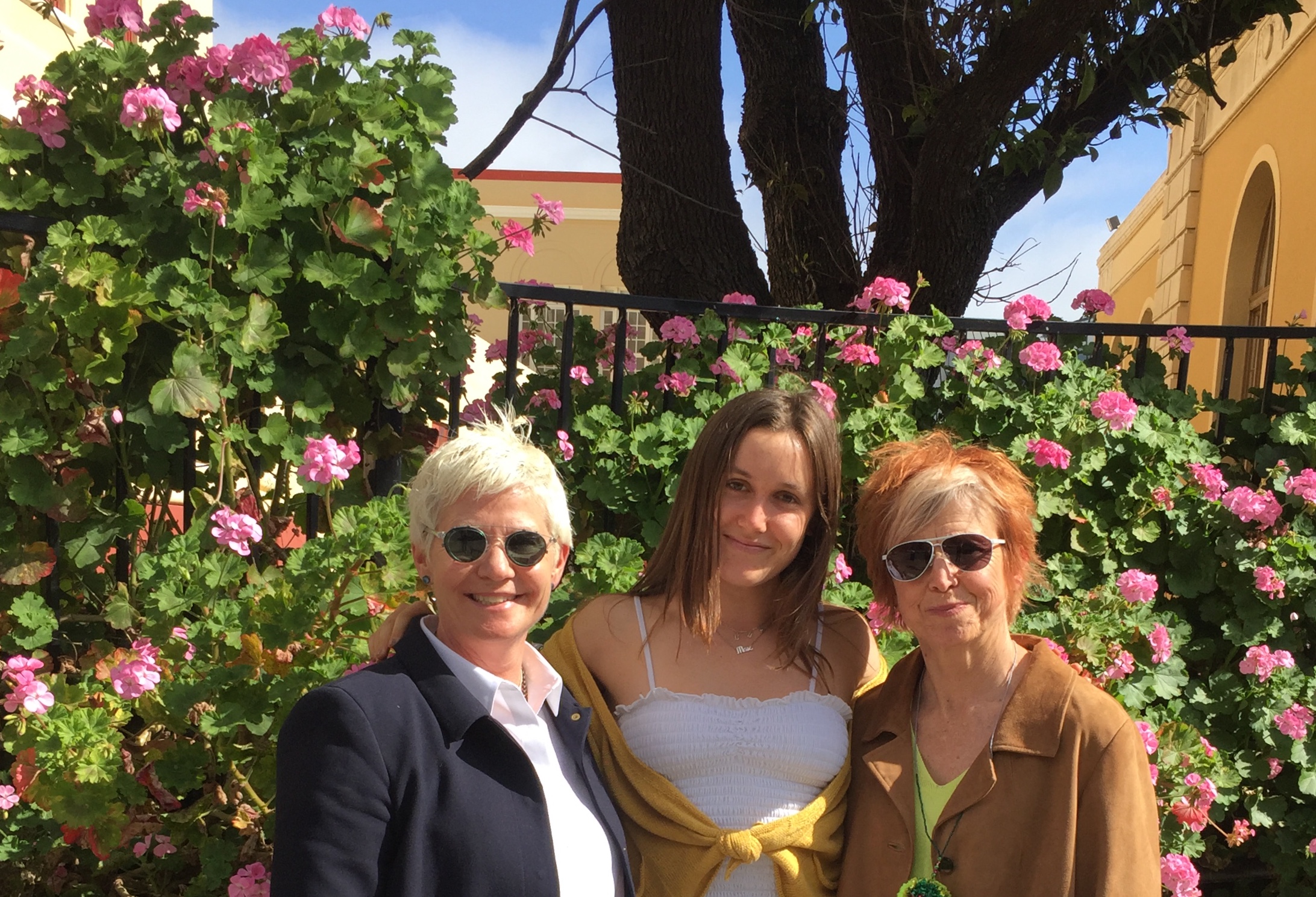The pandemic has made us question whether we can aspire to both professional success and motherhood. We, Pilar and Lola, are two 20 year old college students. It may seem ridiculous that we are already experiencing this sort of internal conflict, but it’s hard to not think critically about our futures given the gravity of the present caregiving crisis in the United States.
In the event of another pandemic-like crisis, it’s safe to assume that caregiving responsibilities will fall on mothers in heterosexual relationships once again. If we pursue both our personal and professional ambitions, we could be setting ourselves up for the predicament in which 2.2 million women have found themselves during the pandemic—forced to leave the workforce because the responsibility for childcare has fallen singularly on their shoulders. Long story short, we’ve come to consider our personal and professional ambitions to be at odds with one another. It’s a grim conclusion, but it seems realistic.
Our moms tell us it saddens them when we express doubt about wanting to have kids — that we won’t get to experience the joy motherhood has brought them. It’s not that the prospect of missing out on motherhood doesn’t upset us as well. It really does. We just believe we need to approach our futures with a high degree of pragmatism.

Between the two of us, we grew up with three moms. The three of them all worked while raising us and our siblings, respectively. They instilled in us the belief that we could achieve anything we put our minds to. We are so grateful for this, but the truth is that at some point, our own professional advancement will not lay solely in our own hands. We will encounter pregnancy bias, we will earn just 81 cents to every dollar our male peers do, we will not be granted promotions that we deserve, and if we leave the workforce, it’s more than likely that we will never get back to where we once were. At some point, the power of sheer ambition runs out. And the responsibility cannot fall on individual women. What we need are changes at a larger scale—in relationships, in homes, in workspaces, and in policy.
We have talked to countless working mothers who consider their experiences of overwhelm to be their own fault; they feel like their inability to juggle everything is a reflection of their own insufficiency. The truth is that this intense overwhelm is an inevitable byproduct of unfair, sexist expectations in combination with woefully insufficient corporate, communal, and governmental, legislative systems of support for caregivers.

As 2020 coming to a close, many of us are ready to flee a year of sadness and loss. We are too. We’re ready to move on, but we also want to acknowledge the opportunities for growth that lay in all of this chaos. We’re privileged enough to have the time and space to look for hope in the midst of the craziness. The pandemic has exposed gender inequities in every setting, from home to workplace. We have the opportunity and responsibility to critically question the norms and expectations that underpin these sexist dynamics, starting with our own homes and workplaces. With already insufficient caregiving systems falling apart, and boundaries between work and home dissolving, now is the time to reconfigure these constructs to better serve working caregivers—especially working moms. Now is a chance to start actively valuing caregivers. This is why we started Project Matriarchs—to give back to the mothers that raised us, and to fight for a more inclusive, sustainable future for the aspiring caregivers in our generation.
Our mission is to keep moms in the workforce during and after the pandemic, and in doing so, to resist the reversion towards antiquated, sexist norms about “a mother’s place” that the pandemic threatens. We match college students, many of whom currently have flexible schedules due to remote learning, with families to provide virtual academic support and mentorship to their children. We use a sliding scale payment model to ensure accessibility. In addition to offering our service directly to caregivers, we partner with companies to provide our service as a benefit to their employees. We’re starting conversations about the intersection of work and caregiving with anyone in positions of power who will listen.
When are we going to start caring for the caregivers? We don’t have all the answers, but we want to bring young voices to the conversation to ask that it be sooner rather than later.


